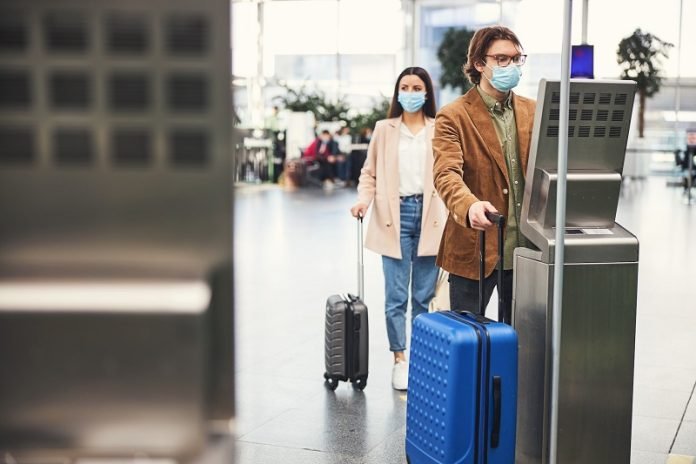
Researchers from Weill Cornell Medicine and elsewhere have identified an antibody that could block all dominant variants of COVID-19, including the most recent variant, Omicron.
This discovery could lead to new antibody-based treatments and more potent vaccines.
In the study published in the Journal of Clinical Investigation, the researchers tested antibodies derived from patient blood samples against different versions of the virus that emerged during the pandemic.
They discovered that one of these proteins, called S728-1157, could neutralize not only older variants but also seven subtypes of Omicron.
The team says that if not well controlled, COVID-19 could cause annual epidemics. This antibody could help us avoid yearly surges of COVID-19 or if there is another coronavirus pandemic.
As the virus replicates in the cells of those it infects, it acquires new mutations, which provide the raw material for new variants.
Some of these variants have the ability to evade vaccines and antibody-based treatments developed to fight the original virus.
Omicron, which appeared in November 2021, is one of the variants that have the potential to significantly impact infections globally.
During the early stages of the pandemic, the team collected blood samples from people recovering from COVID-19.
These blood samples were analyzed to find antibodies that latched onto the virus’s spike protein, which the virus uses to get into human cells.
One antibody, called S728-1157, stood out for its ability to interfere with Omicron.
In experiments with hamsters, the researchers found that treatment with this antibody reduced or abolished the amount of the virus in the animals’ noses and lungs.
The research could lead to new vaccines that rely on the spike protein to stimulate the production of antibodies.
The team found that the configuration of the spike matters, and the immune system produces more broadly effective antibodies when it encounters spikes in an open conformation.
How to prevent omicron infection
Preventing Omicron, the most recent variant of the virus that causes COVID-19, follows similar prevention strategies to other variants of the virus. Here are some recommended ways to prevent Omicron:
Get vaccinated: Vaccines are the most effective way to prevent COVID-19 and its variants, including Omicron. Vaccines stimulate the immune system to recognize and fight the virus.
Wear a mask: Masks protect against the spread of COVID-19 by preventing respiratory droplets from entering the air and infecting others.
Practice good hygiene: Wash your hands regularly with soap and water for at least 20 seconds. Use hand sanitizer if soap and water are not available.
Practice physical distancing: Avoid close contact with people who are sick, and stay at least 6 feet away from others in public settings.
Stay home if you are sick: If you have symptoms of COVID-19 or have been in close contact with someone who has the virus, stay home and get tested.
Improve ventilation: Good ventilation can help reduce the spread of the virus. Open windows and doors when possible, and use air purifiers to improve air quality.
Avoid large gatherings: Crowded indoor spaces increase the risk of COVID-19 transmission. If possible, avoid large gatherings and events.
Remember, these prevention strategies work best when used together. Even if you are vaccinated, continue to wear a mask and practice good hygiene to protect yourself and others from COVID-19 and its variants, including Omicron.
If you care about COVID, please read studies about new evidence on rare blood clots after COVID-19 vaccination, and how diets could help manage the post-COVID syndrome.
For more information about COVID, please see recent studies that durable coating can kill COVID virus, and other germs in minutes, and results showing zinc could help reduce COVID-19 infection risk.
The study was published in the Journal of Clinical Investigation.
Copyright © 2023 Knowridge Science Report. All rights reserved.



